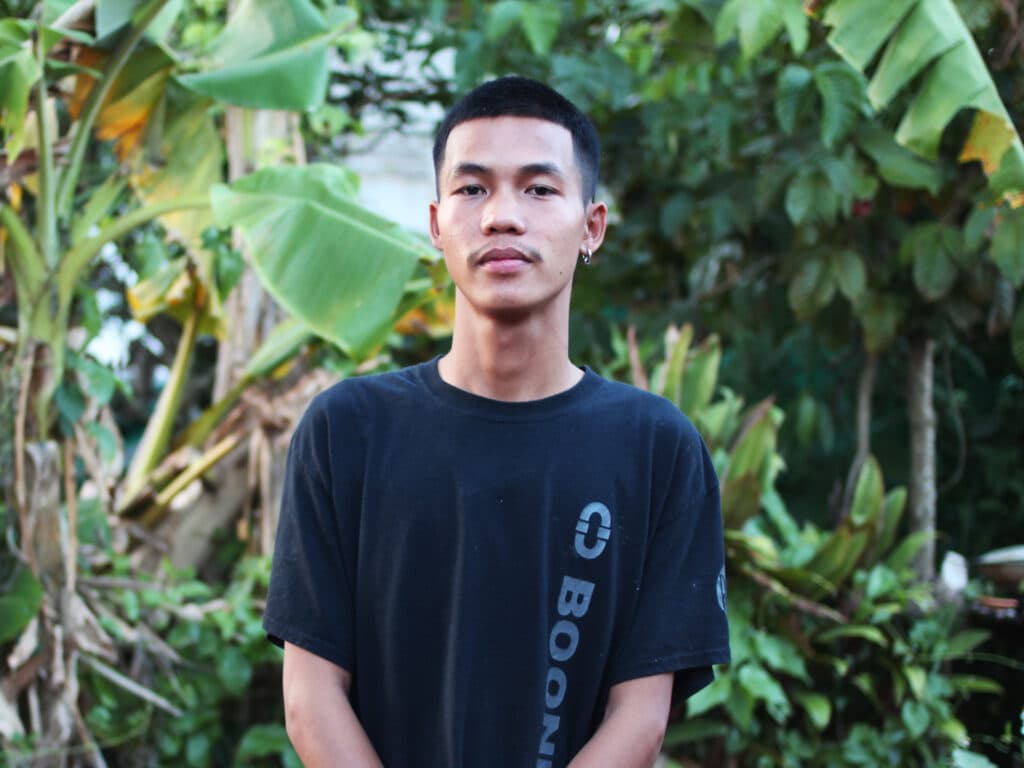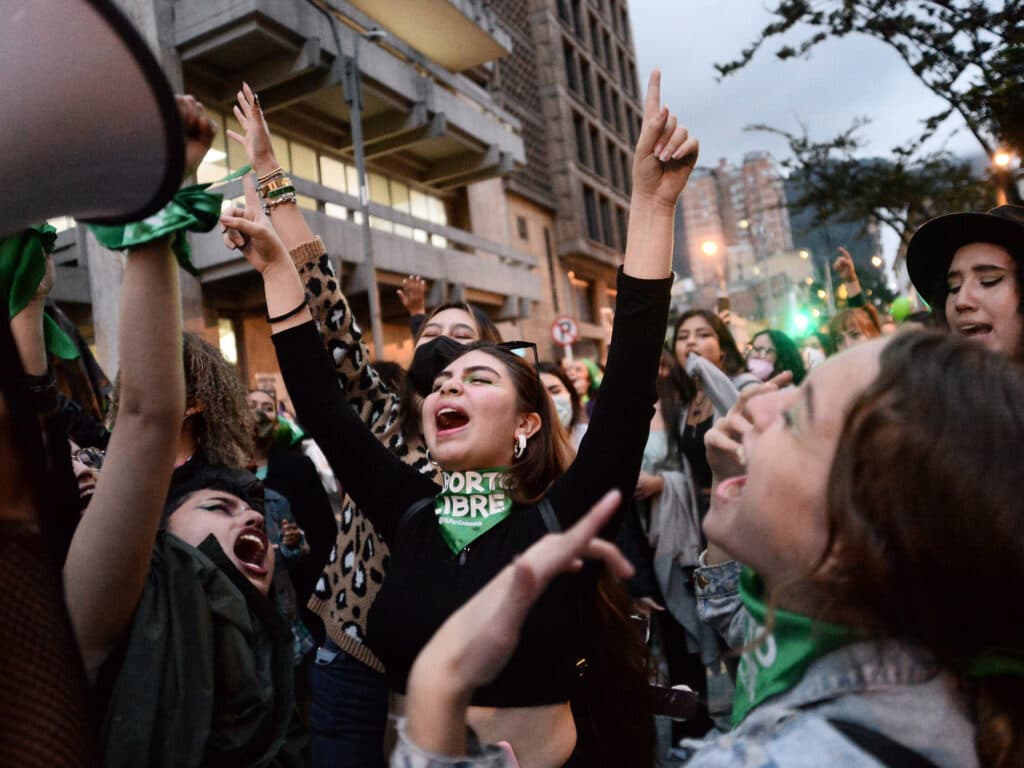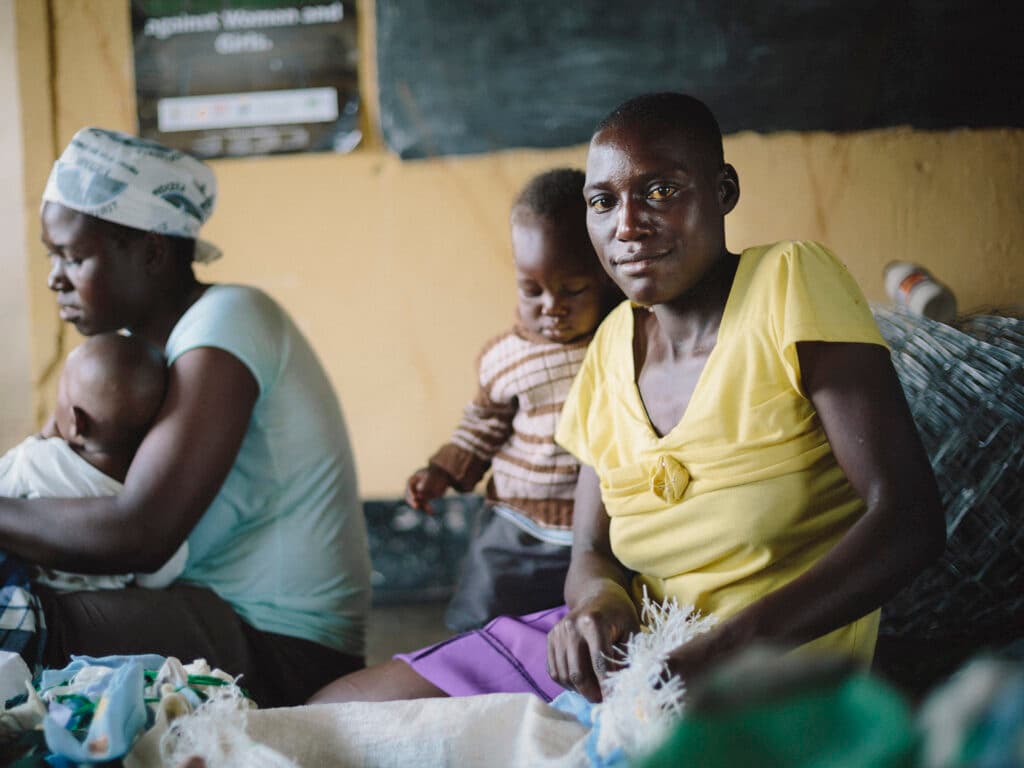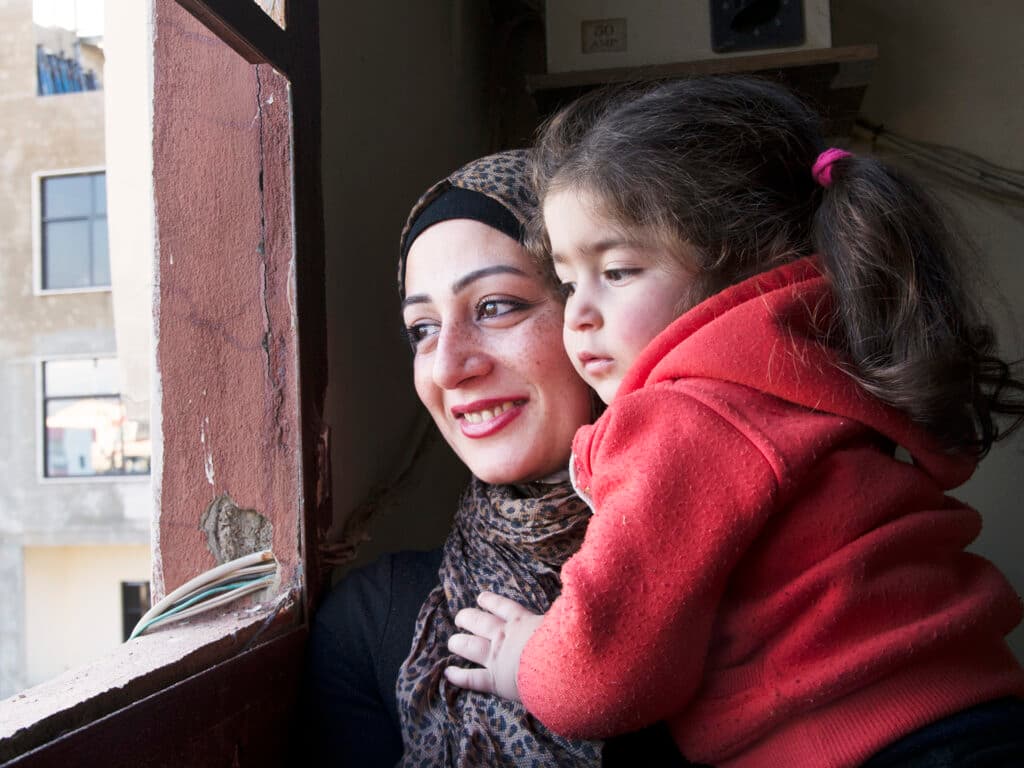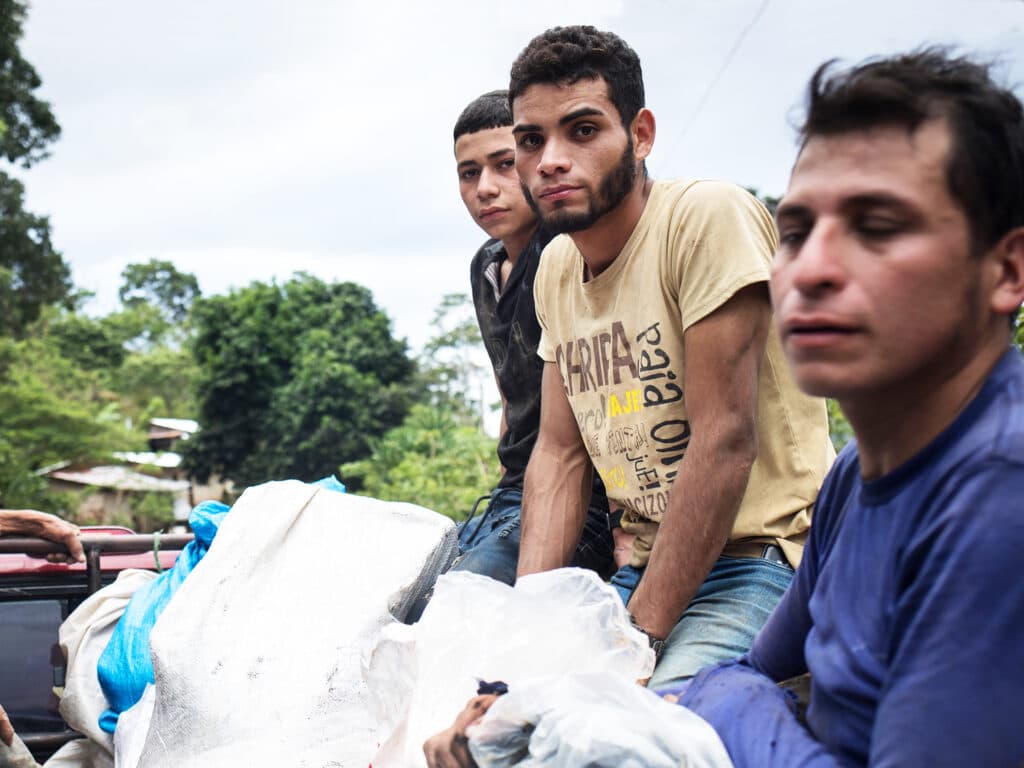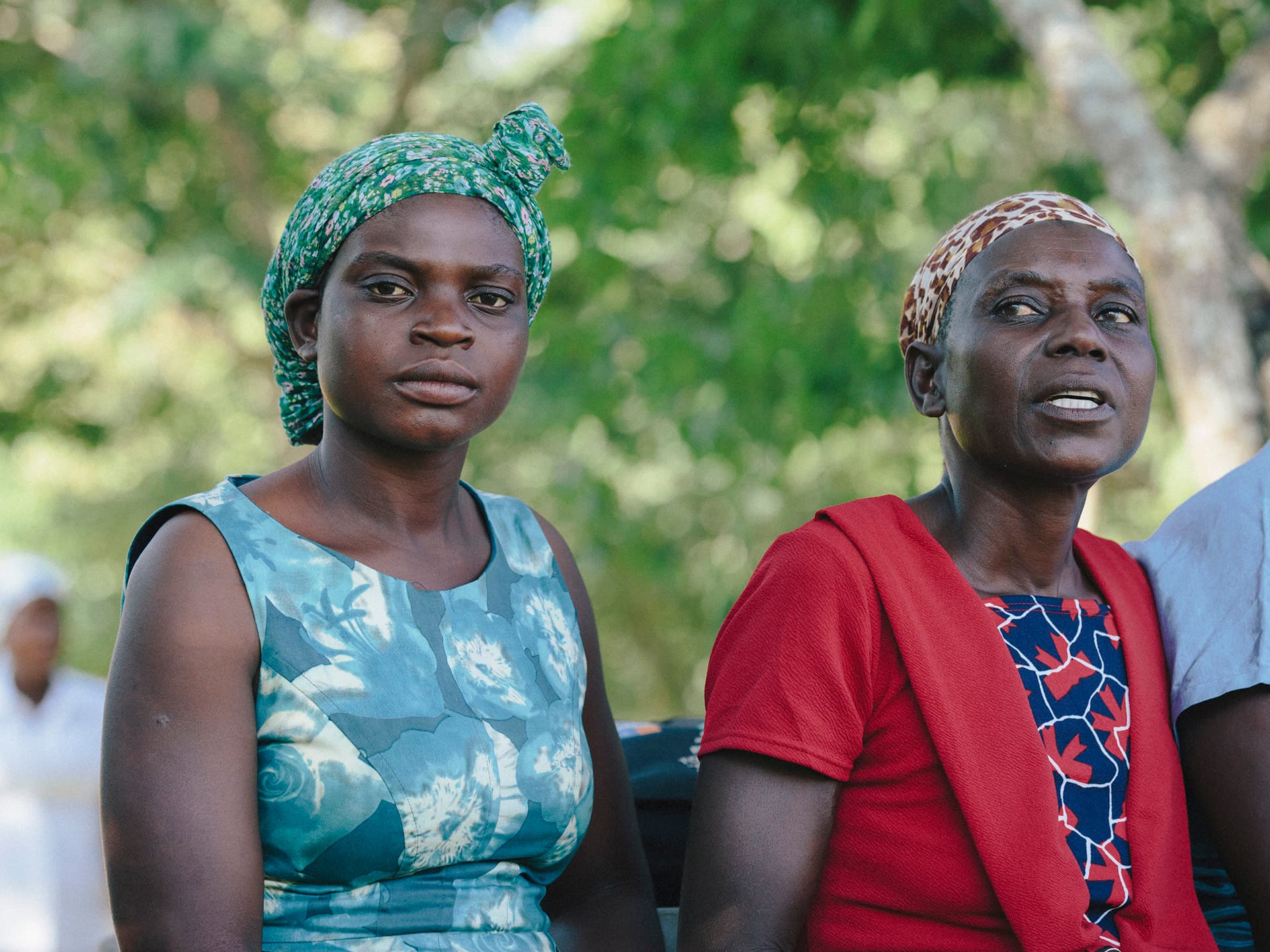
Gender equality
Diakonia wants our work to contribute to changing unfair power relations based on gender, to the equal exercise of rights for all people independently of gender or sexual identity, and to changing patriarchal structures.
Gender equality means that women and men should have the same rights and opportunities to shape and influence their own lives and the communities in which they live. In order to achieve this, we need to change patriarchal structures and unjust power relationships based on gender.
Need to believe
Diakonia strives to achieve this by focusing on women’s political participation, economic empowerment, the right to live a life free from violence, people’s right to make decisions about their own bodies, and everyone’s right to love whoever they want. We know both men and women need to believe in and work for this if lasting changes are to be realised. We also know that women’s rights organizations and LGBT organizations are the ones who drive gender equality forward. Therefore, a key role for Diakonia is to be a true ally to precisely such organizations.
We work with our partner organizations for:
- Fulfilment of women’s rights, for example by influencing decision-makers to live up to their promises and the international conventions they have ratified
- Women’s political participation, for example by promoting affirmative action mechanisms for women in politics.
- Combating gender based violence (GBV), for example by promoting awareness among rights holders and duty bearers of the root causes and consequences of GBV.
- Sexual and Reproductive Health and Rights (SRHR), for example by creating awareness among rights holders and duty bearers of existing rights and obligations according to international human rights law.
- Men and boys for gender equality, for example by promoting the involvement of men in combating violence against women.
- LGTBI people’s rights, for example by supporting documentation and reporting of cases of discrimination, abuses and violence against LGBTI people.
- Economic empowerment of women, for example by supporting the development and implementation of public economic policies and programmes that empower women.
- Women, peace and security, for example by promoting women’s equal participation and full involvement in peace building initiatives and peace processes.
Global Gender Justice Policy
Diakonia commits to ensure that all our work contributes towards true and inclusive gender justice. As stated in our global policy, we want to question and counter destructive wielding of power in our surroundings, as well as review our own methods. We work in accordance with feminist principles to identify and counteract patriarchal values in our own work, in religious tradition and in society at large.
Diakonia's Gender Mainstreaming Toolbox
Diakonia's Gender Mainstreaming Toolbox is a guide on how to integrate a gender perspective in projects.
Our goal is that all the work that Diakonia supports should contribute to increased gender equality.
